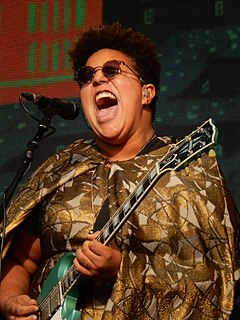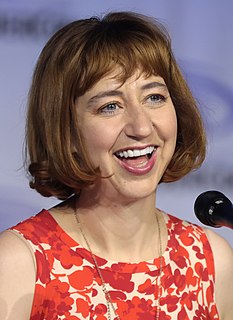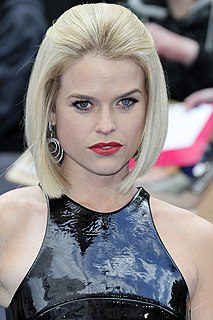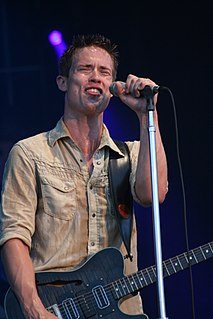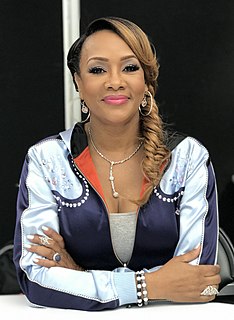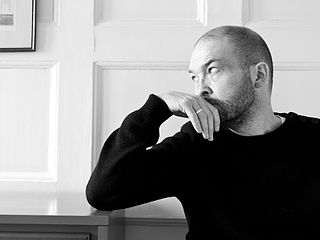A Quote by Patton Oswalt
I have a lot of friends who were stand-ups, and they just stopped after a while, because they didn't like that battle, or they just couldn't do it. And then they would get on a sitcom and get visible and get back into it, because the audience was just way easier on them. But they lost those crucial years of learning to turn any audience into your audience.
Related Quotes
I'm grateful that I had that uphill battle for 10 years of going onstage and having nobody know who I was, because you have to win them over. I have a lot of friends who were stand-ups, and they just stopped after a while, because they didn't like that battle. And then they would get on a sitcom and get visible and get back into it, because the audience was just way easier on them. That's why they're okay stand-ups, but they're never going to be great, because they don't have that presence. They never built those muscles up.
You play with the audience, and they play back with you. They get into it, and then everybody gets into it. I don't want to be like a monkey on stage and just go through the motions because then it wouldn't be fun anymore. I just pay attention to the audience and appreciate the fact that somebody wants to see us. That gets me psyched.
The most stressful and difficult part of steering a large movie is that you are taking on the responsibility of communicating with a very wide audience. You can't ever hide behind the notion of, 'Okay, they just don't get it,' or, 'Certain people just don't get it.' You have to be mindful of the size of your audience, and you have to communicate in a way that lets them in.
We played a show the other week at this festival and it was an audience that I'd never normally play in front of. That's one the greatest things about festivals: you don't always get your audience, you get people who just pop in out of curiosity. The reaction was amazing; there were people dancing, which we've never had, I guess because the message is pretty powerful and the performance is a lot more visceral than it has been previously. The audiences seem to be reacting to that really well and it's a wonderful thing, because at a performance you really bounce off your audience.
When you're actually talking over someone, it's as if you're just pontificating and they're not even there. And their body language - they're trying to get away from you. And if you're pontificating at an audience, and there's a break, the non-martyrs in the audience are not going to come back. I mean, they just want to get away from you.
In film, the camera can get an array of shots so the audience can see the emotion the character is giving off. Using close-ups on the character's face really helps get the message across. On stage, you can't do that. But the stage has that live feeling that you can't get anywhere else because the audience is right there.
Put in every joke that's not a dud and then let's just start pulling the ones that work the least. You're just constantly sifting until you're left with the biggest chunks of gold. The audience also tells you what some of those chunks are. You can have your own favorites, and then, once you screen it for an audience, the audience tells you what they're entertained by. I feel like that's a big part of it.
In film, the camera can get an array of shots so the audience can see the emotion the character is giving off. Using close-ups on the characters face really helps get the message across. On stage, you cant do that. But the stage has that live feeling that you cant get anywhere else because the audience is right there.
I think, when all bands start, when you're on your first album you have the benefit of hoovering up people who genuinely come across the music and really like it, but also those sort of 'floating voters' who just like pop music when they're young. And I think that when you get to your fourth album, those floating voters have dissipated and you're left with a core audience, and at that point you've really got to get your act together and move on to something else to keep afloat, or you'll just shrink with your core audience.



